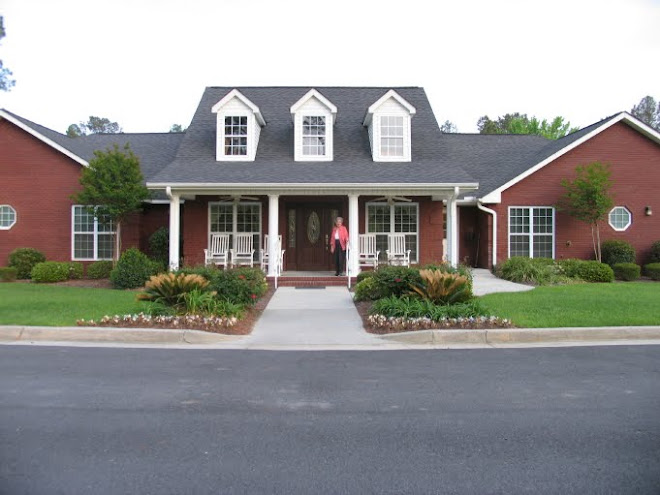What is a TIA or transient ischemic attack?
A TIA is a "warning stroke" or "mini-stroke" that produces stroke-like symptoms but no lasting damage. Recognizing and treating TIAs can reduce your risk of a major stroke.
Most strokes aren't preceded by TIAs. However, of the people who've had one or more TIAs, more than a third will later have a stroke. In fact, a person who's had one or more TIAs is more likely to have a stroke than someone of the same age and sex who hasn't.
TIAs are important in predicting if a stroke will occur rather than when one will happen. They can occur days, weeks or even months before a major stroke. In about half the cases, the stroke occurs within one year of the TIA.
What causes a transient ischemic attack?
TIAs occur when a blood clot temporarily clogs an artery, and part of the brain doesn't get the blood it needs. The symptoms occur rapidly and last a relatively short time. Most TIAs last less than five minutes. The average is about a minute. Unlike stroke, when a TIA is over, there's no injury to the brain.
What are the symptoms of a TIA?
It's very important to recognize the warning signs of a TIA or stroke. The usual TIA symptoms are the same as those of stroke, only temporary:
- Sudden numbness or weakness of the face, arm or leg, especially on one side of the body
- Sudden confusion, trouble speaking or understanding
- Sudden trouble seeing in one or both eyes
- Sudden trouble walking, dizziness, loss of balance or coordination
- Sudden, severe headache with no known cause
TIAs are extremely important predictors of stroke. Don't ignore them! If symptoms appear, CALL 9-1-1 TO GET MEDICAL HELP IMMEDIATELY. A doctor should determine if a TIA or stroke has occurred, or if it's another medical problem with similar symptoms. Some examples are seizure, fainting, migraine headache, or general medical or cardiac condition. Prompt medical or surgical attention to these symptoms could prevent a fatal or disabling stroke from occurring.
For stroke information, call the American Stroke Association at 1-888-4-STROKE.
